What you need to know about rent payments, mortgage payments and eviction
If you are facing difficult financial circumstances, know you are not alone. Last week, the federal government reported that more than 6.6 million Americans filed for unemployment. That is a staggering number that demonstrates COVID-19’s far-reaching impact.
Loss of employment and reduced wages may affect your ability to pay all of your bills. Luckily, many federally backed and privately operated organizations are adjusting payment dates and are stopping evictions. Here is what you need to know:
Not all payments are automatically paused. Federally backed mortgages, like FHA mortgages, are halting payments. But not all mortgages fall within that category.
Ask before you skip a payment. On any loan or bill, talk with your loan provider to make sure you’re able to skip or miss a payment without affecting your standing as a tenant or homeowner.
Understand what your payment plan looks like. Some lenders are allowing borrowers to pause payments for up to a year, which adds an additional year to the life of your loan. Others are making monthly decisions about payment. When you talk with your loan provider, make sure you understand what your deferral program looks like so you can adjust your budget.
Federal support is coming. If you qualify, federal aid is coming. You can use these funds to help support your family, and if you’re able, make your rent or mortgage payments. Use these funds carefully to purchase essential supplies or make necessary bill payments.
Evictions are paused. Evictions for nonpayment are stopped for the time being. But we do not know when they will resume. This is why understanding your repayment plan is important. There may be a sum of money expected once life begins to return to normal, or your payment cycle might adjust from what you were accustomed to. You need to understand these adjustments so you can make payments on time.
Navigating this process can be difficult, especially if you don’t know who to contact. United Housing can help you understand your unique situation and create a plan. Contact us at 901-272-1122.
